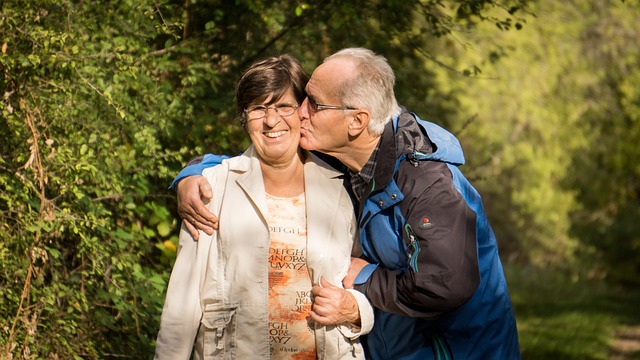Just as people are finding flexible ways to work, they’re also finding flexible ways to retire. Rather than simply slowing down to live a quiet life, they’re embracing an alternative retirement and finding ways to spend their time that allow them to continue to enjoy a high standard of life and maintain financial independence.
These trends include seniors finding ways to continue to earn an income, while not being involved in the pressures associated with the traditional working week, and even considering alternatives to traditional retirement homes.
The Retirement and Inheritance Report revealed 84% of Australian seniors are likely to choose alternative retirement living rather than settle in a traditional retirement village. These include moving to a regional or rural area (34%), living in a bustling city (12%), choosing state-of-the-art retirement villages (15%), and living on a cruise ship (12%)!
What does alternative retirement look like?
Alternative retirement can be very different from one retiree to another – that’s the point, it’s flexible!
So why are seniors choosing alternatives to retirement? The world is changing, and the opportunities available to Australian seniors are certainly more sustainable when it comes to maintaining a desirable quality of life. Retirement used to be synonymous with sitting in arm chairs watching soap operas. Now retirement will signal a period of life where one can live life on their terms.
These are four popular forms of alternative retirement you may find seniors considering.
Frequently travelling
Many retirees use this time to see the world. Travel is good for retirees, helping flex the mental and physical muscles, and keeping people engaged and feeling like a part of broader society. It’s also relaxing. While people think retirees don’t do anything but relax, that break from the routines of social, professional, and familial life is as important to a retiree as a break from the working week is to a professional.
Working for yourself
Many retirees don’t want to stop working. While they might not want to participate in the daily grind any longer, they may want to continue to work as a hobby, and this has the added benefit of providing additional income to maintain their quality of life.
There are varied business opportunities a retiree might find that allows them to work on a more ad-hoc basis based on their skills. A retiree with photography skills might establish themselves as a part-time photographer, for example. Former company executives might enjoy sitting on one or two boards, or provide consulting advice to a startup. A former journalist might finally write that book they’ve always wanted to or provide lectures to universities or junior journalists.
Becoming a digital nomad
By combining the previously mentioned ideas, retirees can become digital nomads. A digital nomad is some who travels the world, while using technology to keep contact with their professional networks and peers. It’s possible to run businesses from abroad now, or sit on boards and provide professional services. Customers and clients don’t necessarily need to have you in front of them to get the job done.
The ability to become a digital nomad means retirees don’t need to retire at all. They can either cut back on their work to a point they’re comfortable with, or continue on with the load they’ve known throughout their professional lives.
Making a tree change
For most people, there’s no choice but to spend their professional careers in the cities due to work and career opportunities. Once you’re retired though, there’s no need to remain in the cities, and many retirees use that as an excuse to escape the noise and pollution.
Regional Australia is more affordable and can provide a more relaxed atmosphere compared to the busy lifestyle of urban living. Furthermore, regional Australia tends to have large communities of retirees, meaning plenty of new social opportunities and activities custom tailored to this life stage.
Embracing the alternative lifestyle
Alternative retirement is ideal for retirees seeking something a little different for their later years in life. Embracing elements associated with this idea can help retirees stay active, and financially independent. Indeed, in many cases it can become a fulfilling and enjoyable chapter in life.

